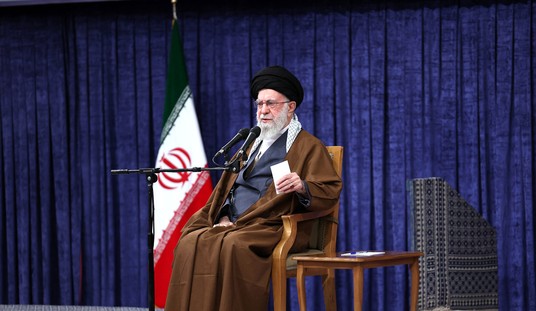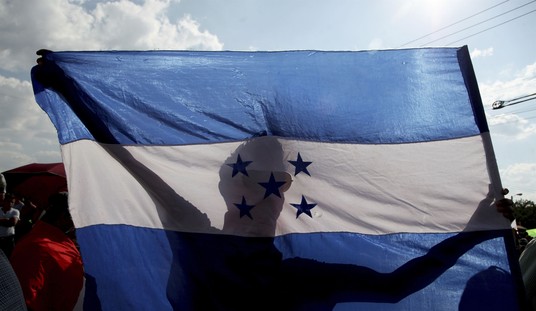Russian intervention in Syria may be the beginning of an endgame for President Bashar Assad. The new Russian base at Latakia is smack in the middle of Assad’s Alawite power base along the coast of eastern Syria. Latakia is the largest port in the country and its people have been fiercely loyal to the president.
Recent meetings between Secretary of State John Kerry and Russian Foreign Minister Lavrov have concentrated on how to begin a process of dialogue with rebels fighting President Assad. The rebels have sworn not to talk until Assad is gone, but they may settle for a promise of Assad eventually leaving to rule a rump Alawite Syrian state.
That probably won’t stop an even more fractious civil war as with Assad gone, the dozens of factions and militias will battle for what’s left of the country.
Russia’s military build-up in Syria is aimed mainly at propping up President Bashar al-Assad and helping him reinforce his threatened coastal heartland, where he is seeking to bolster the communities that form his power base as his army falters.
The Russian escalation has ended any prospect of Assad being ousted by military force, despite the near collapse of his army in the face of rebel advances, and will consolidate the de facto partitioning of Syria, most analysts believe.
Residents of the coastal city of Latakia, a stronghold of Assad’s Alawite minority, say the increase in Russia’s military presence began as early as June and, along with it, preparations for an eventual breakup of the country of 23 million people.
The population of Latakia has swollen fourfold during four years of civil war, and the government is now facilitating the settlement of other minorities such as Christians and Shi’ites.
But since most Syrians are Sunnis, those who flee to the coast are not allowed to move their civil registration there, a move designed to prevent the Sunni majority from becoming a threat to the Alawites, an offshoot of Shi’ite Islam.
With roughly two thirds of Syria controlled by mainly Islamist rebels, whether Syrian fighters backed by Qatar, Saudi Arabia and Turkey, or the cross-border Islamic State, it looks inconceivable that Russia could retake territory lost by government forces unless it were to commit ground troops.
That is not on the table so far, analysts say.
What does seem clear is that Russia’s move was prompted by alarm that government forces were losing ground so fast that the survival of the Assad family, for decades Moscow’s closest ally in the Middle East, was in question.
When Islamist rebels started to threaten Latakia, which is near the Russian naval base at Tartous, Moscow’s only naval facility in the Mediterranean, the Kremlin decided to step in.
Iran, too, must be worried because their terrorist militia, Hezbollah, is now the most effective force fighting the rebels and Islamic State. Their casualties are estimated at about 1,000 — a significant number considering the size of their force. But Iran refuses to commit the bulk of the Hezbollah militia, sending only about 7,000 men out of the estimated 20,000 on the payroll.
With the Syrian army near collapse, Assad may soon be forced to retreat to his stronghold in Latakia. At that point, the real battle begins as various rebel forces, jihadist militias, and Islamic State will battle for what remains of Syria.










Join the conversation as a VIP Member